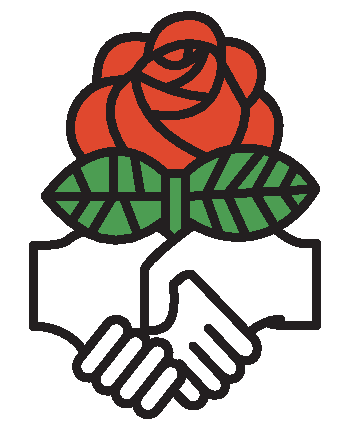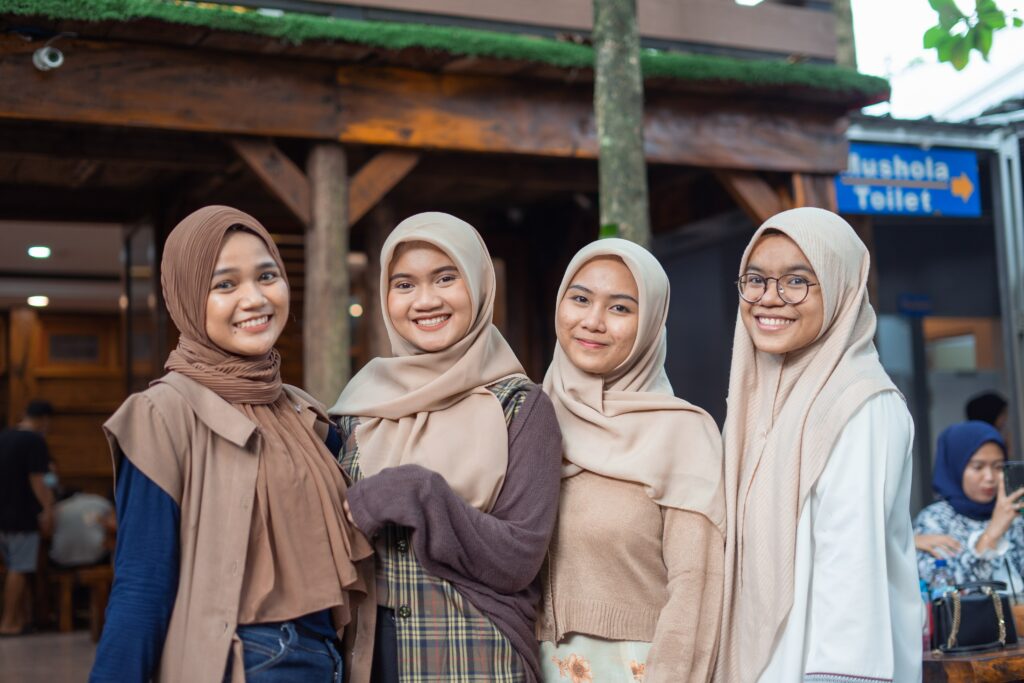Women: Politics and Development
Abidjan, Côte d’Ivoire, 23 February 2002
Declaration
Development may be understood as that process by which societies change so as to become capable of meeting the essential needs of their populations. It thus represents a qualitative social change, from economic, political, social and cultural points of view.
Defined in this way, the development of a country assumes the participation of the whole population, at every level and without distinction of sex.
It is therefore impossible to conceive of sustainable development without the participation of women.
How then can women contribute to development through becoming involved in politics, understood as concerted reflection with a view to identifying ways and means to improve the conditions of human life?
Although in the past women were catagorised and treated as inferiors (as is witnessed by the fact that they were reduced to the position of drudge, to the traditional role of procreation and the provider of household labour, without any real right to education, and with no access to decision-making spheres) it is incontrovertibly true that with social change and increased democracy, a significant improvement has come about in the status of women.
One sees today, then, that the political will of some governments, together with women’s own political determination, has enabled this important section of the population (around half the population of the world) to gain access to economic and decision-making power and so to enjoy increased social status.
Despite these advances, however, much remains to be done.
Consequently, Socialist International Women, persuaded that no sustainable development can be achieved without women’s contribution at every level, recommends to governments:
- that further measures be taken to increase the representation of women in decision-making posts;
- that policies for the advancement of women be made more effective by the adoption and enforcement of the 30% quota recommended by the Economic and Social Council of the United Nations;
- that women be selected as electoral candidates in winnable seats;
- that measures be adopted to improve the legal status of women, so as to correct the disadvantages they suffer in the economic, social, employment, political and health fields;
- that concrete and energetic measures be taken to fight the AIDS pandemic, and that resources be made available to women’s organisations to allow them to more effectively raise women’s awareness of the issues involved;
- that women be trained to become political actors and to become involved in the electoral process, in order to increase the visibility of women in politics;
- that gender issues be thoroughly analysed in the planning of any programme intended to intervene in social development;
- that specialist literacy programmes be developed to meet the needs of women who have not benefited from school education;
- that women be trained in entrepreneurship and provided with financial support; and
- that measures be taken to improve women’s access to sports and leisure activities.
Socialist International Women also calls on women:
- to take stock of their situation and involve themselves in the political struggle to enable them to become actors in the development of society; and
- to show solidarity with each other, so that those who have already reached positions of responsibility do what they can to promote the advancement of other women.

